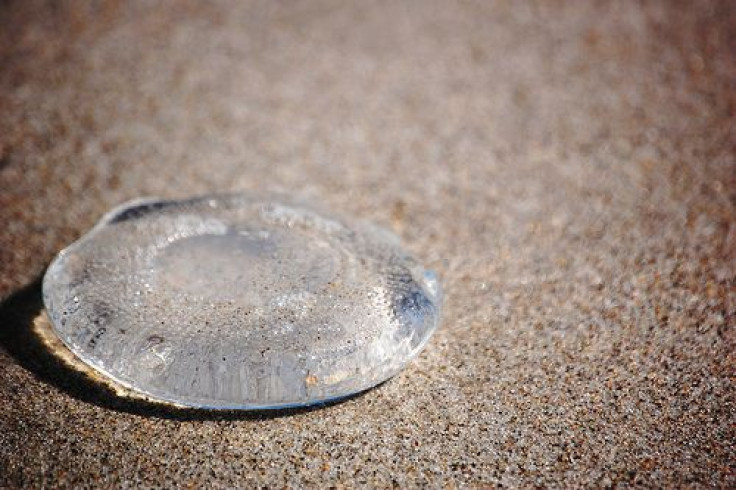New Breast Implants Include Microchip To Help Doctors Keep Track Of Product And Patient Information

Breast implants — since their inception in the 1960s — have come a long way, and despite the heated debates about augmentation, women are still going under the knife to increase their cup sizes. In 2012, the American Society of Plastic Surgeons reported breast augmentation as one of the top five most performed cosmetic procedures.
Now, a Belgium-based medical implants company, Establishment Labs, is marketing a new silicone breast implant with a Food and Drug Administration (FDA)- approved radio frequency identification chip (RIDF) made by VeriTeQ’s Q Inside Safety Technology. The new technology will allow doctors to easily access important information about a patient's implant.
The new implant is called the Motiva Implant Matrix Ergonomix, and "it’s about giving women the power of verification and control throughout the life of the device, if they choose to have breast implants," says the company's CEO, Juan Jose Chacon-Quiros.
The implants will be monitored using a handheld device, and any information obtained will be stored in a secure online database. Both physicians and patients will have access to specific information regarding each implant, such as date of manufacture, size, and serial number.
After many health scares with implants — including a French company selling a number of defective implants this past year — consumers and health care providers believe that microchips are a step in the right direction for safety and efficiency in breast augmentation.
But even with these safety precautions, the fact of the matter is that breast augmentation is still a major surgery. A couple of years ago, doctor Nalini Chilkov wrote a piece for the Huffington Post on "25 Reasons Not to Get Breast Implants," some of which included infection (bacteria and mold that can be released from the implant into the body), surgical risks, anesthesia risks, chronic breast pain, breast or nipple numbness, and scar tissue.
The new breast implants have not been thoroughly tested yet; so, like many other silicone breast implants, there is a chance that it might leak, break, or rupture — warranting a new surgery.
Most implants last seven to 12 years on average.
Establishment Labs is a private company with offices in Florida, Costa Rica, and Belgium. It hopes to market the implants in 28 countries in the European Union.



























